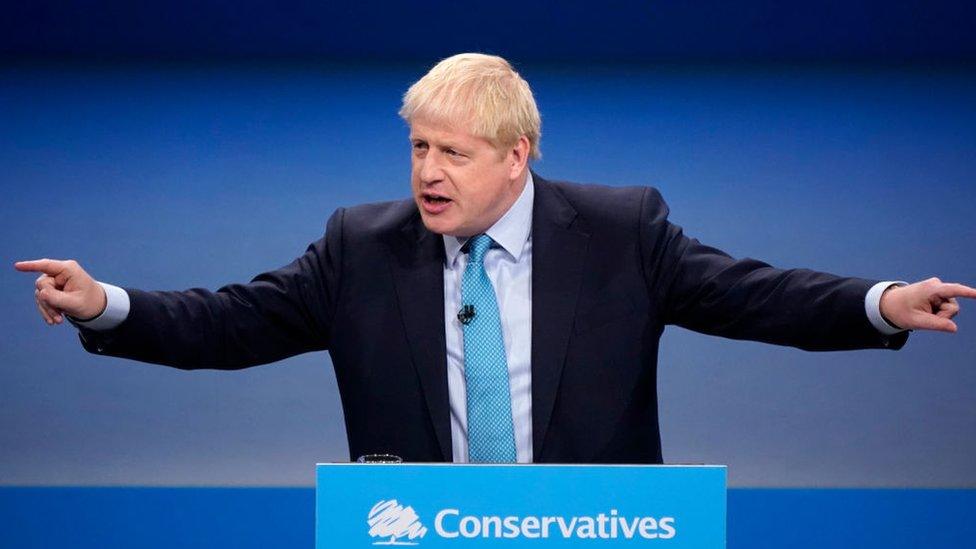Brexit: NI firms concerned by new plan, says former DUP man
- Published

Simon Hamilton was a senior DUP politician until he quit to take up a business role in June
A former Democratic Unionist Party (DUP) minister has said Boris Johnson's new Brexit plan has left Northern Ireland businesses "deeply concerned".
The proposal would see Northern Ireland stay in the European single market for goods but leave the customs union.
Simon Hamilton said it "runs the risk of increasing the cost of doing business with the EU" for Northern Ireland firms.
He quit politics to become the chief executive of the Belfast Chamber.
He was a long-time member of the Northern Ireland Executive, holding the ministerial post in the finance, economy and health departments.
Speaking on Thursday, he said Belfast Chamber members wanted businesses to be "able to trade with the EU without a hard border and with the rest of the UK unencumbered".
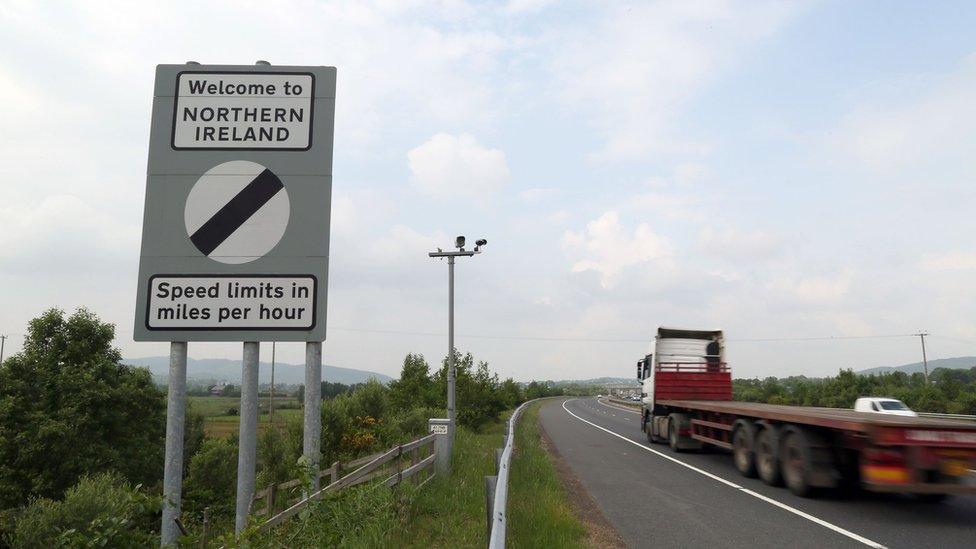
"We are therefore deeply concerned that the prime minister's proposals... run the risk of increasing the cost of doing business with the EU and seriously disrupt vital supply chains," he said.
A no-deal Brexit would do "undoubted damage" to Northern Ireland's economy, he added.
The view of his organisation, which represents businesses in the city, is widely shared by other business groups in Northern Ireland.
The government's plan, outlined in a seven-page document published on Wednesday, would result in new customs checks.
Firms on both sides of the border would be "hamstrung by friction", according to Confederation of British Industry's Northern Ireland director Angela McGowan.
Ann McGregor, the chief executive of the Northern Ireland Chamber of Commerce, said she was concerned about the prospects of checks on trade.
Any increases in costs for businesses would damage their supply lines, she said.
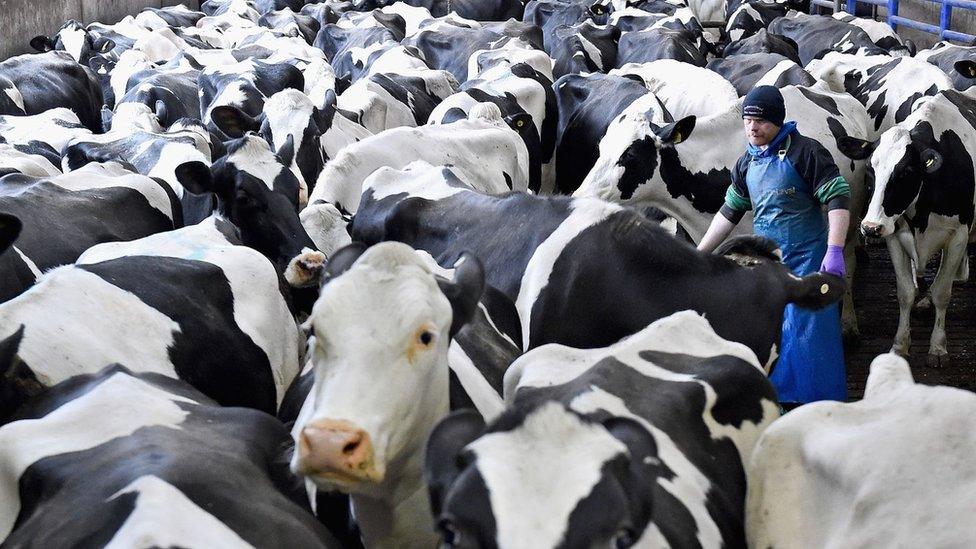
The Fane Valley Group is a farmers-owned co-operative that trades across the Irish border
Trevor Lockhart, the head of the Fane Valley Group, claimed Brexit uncertainty has already lost his agri-food company £5m worth of contracts.
He said the company lost contracts that took eight years to develop.
He said customers in the Republic of Ireland were no longer happy to rely on assurances and had changed suppliers as a result of uncertainty.
"I understand the customers position - they are looking for plan Bs and are implementing them," said Mr Lockhart.
"How on earth are businesses in NI supposed to build customer relationship, invest, borrow money on the back of that level of uncertainty?"
He said the proposal "might get us closer to a political solution but it is a step backward" for Northern Ireland businesses.
- Published3 October 2019
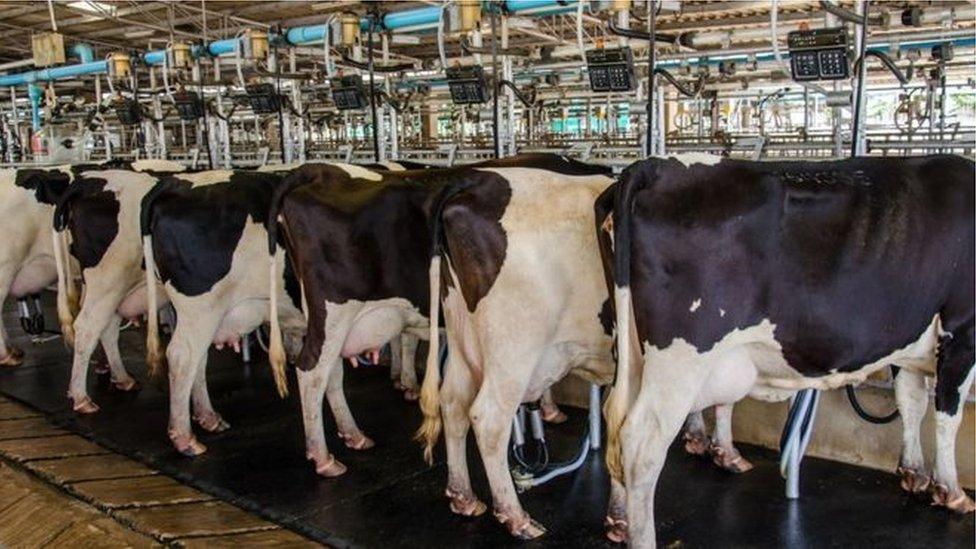
- Published2 October 2019
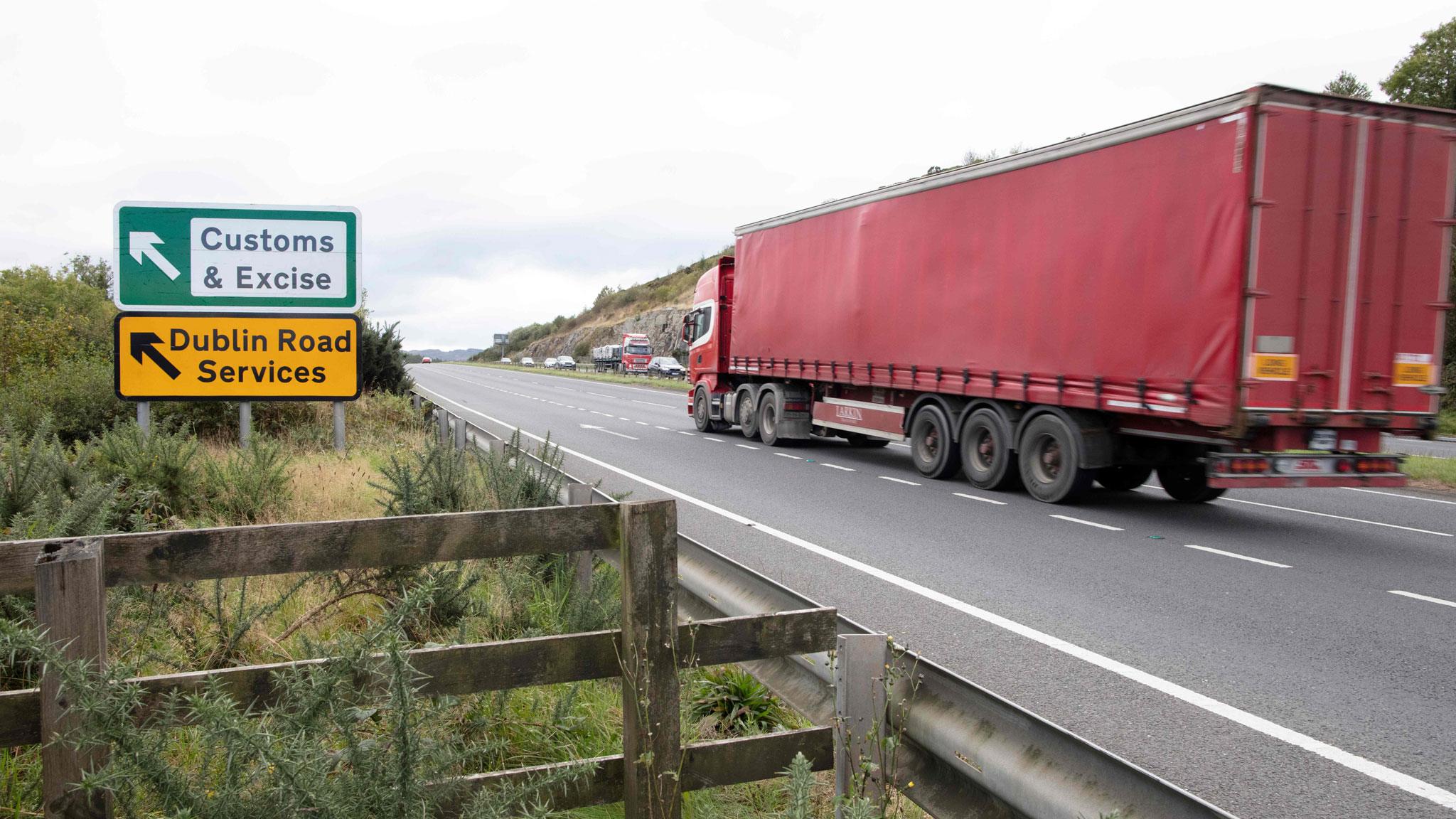
- Published2 October 2019
